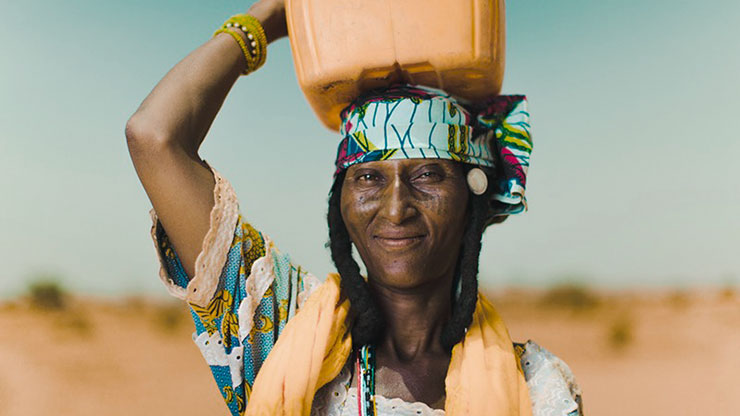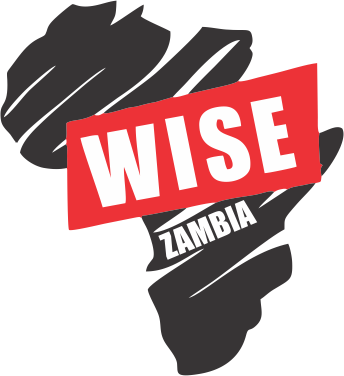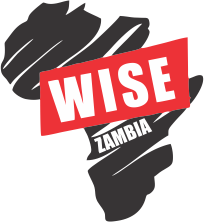Margaret's Story

Margaret Story
It is important to understand that, although WISE endorses no religion nor conducts any type of religious education, many of the people we support in Kaoma have strong Christian beliefs that are central to their lives. Margaret exemplifies the best of Zambia and her faith is integral to what makes her special.
Margaret’s life is a testament to obstacles overcome, the importance of sharing, and faith in God and others. The impetus for WISE’s beginnings starts with her ability to inspire others and it is that inspiration which continues to motivate the work of WISE.
We pick up her story when she was planning meals, buying food and coordinating the cooking for a Habitat for Humanity team from the US working in Kaoma in 2001. Several team members were impressed by her leadership ability and when planning their next trip to Kaoma, they wrote to her, asking if they could bring anything that might be of help. Although Margaret had only an 8th-grade education, she was a trained tailor so she asked for a sewing machine. If she had a sewing machine, she could sew clothes and support her family.
Why was Margaret supporting her eight children plus fifteen orphans left by the deaths of several of her siblings? Some years earlier her husband had abandoned her after many years of abuse from which she lost the hearing in one ear. He eventually divorced her, married another woman, then drove her and the family off the property where they had been living. At that time, women could not own property in Zambia so he was able to take that step of depriving her and their children of a home. Also, when adult siblings die, Zambians are expected to care for their children, regardless of financial circumstances.
In 2002, the Habitat team arrived with a 1929 reconditioned Singer sewing machine. In addition they discovered that Margaret had the chance to buy a farm for $250. It took little discussion to decide that they would fund the purchase so that Margaret could grow vegetables to feed her family. Later Margaret told the team that initially she had wanted to keep everything for herself and the family, but once she realized how her life was becoming better because of the team’s generosity, she realized she needed to pass on the goodwill. She used her sewing machine to teach other women to sew and before long, they made enough money to purchase another sewing machine. She also encouraged others to use part of her farm to plant their own vegetables.
Amazingly, all eight of her children were able to attend college and many of them now work in service to others, thus the circle of giving is ever-widening, rippling throughout the entire country. Sadly, Paul, her only boy and the oldest child, died of diabetes in 2006 and her second husband died of a heart attack shortly after their first anniversary, yet Margaret persevered, finding solace in family and her work.
She has shown how, when women work together, they can better their lives. She has been instrumental in finding artisans to teach the women how to make crafts; she brought in experts to teach women about childbirth, healthful living, and productive farming methods. Her work in promoting the scholarship program, collaborating with the water district for clean, reliable water in the community, and in educating people throughout Kaoma District about the dangers of early pregnancy and marriage are visible proof of Margaret’s influence.
Through the power of sharing and “paying it forward”, Margaret’s life exemplifies the spirit of WISE. Without her, there would be no WISE.
* In addition to the contributions to Margaret’s story from various WISE board members — past and present — we are grateful for Sharon Weston’s permission to use material from her book, Oil of Joy for Mourning.

WISE Zambia is a United States 501(c)(3) nonprofit organization, Federal Tax ID# 41-2141986. WISE Zambia is a registered Zambia non-governmental organization, Tax No. 1019286370
© Copyright 2023 Sishima Graphic Design (Zambia)


